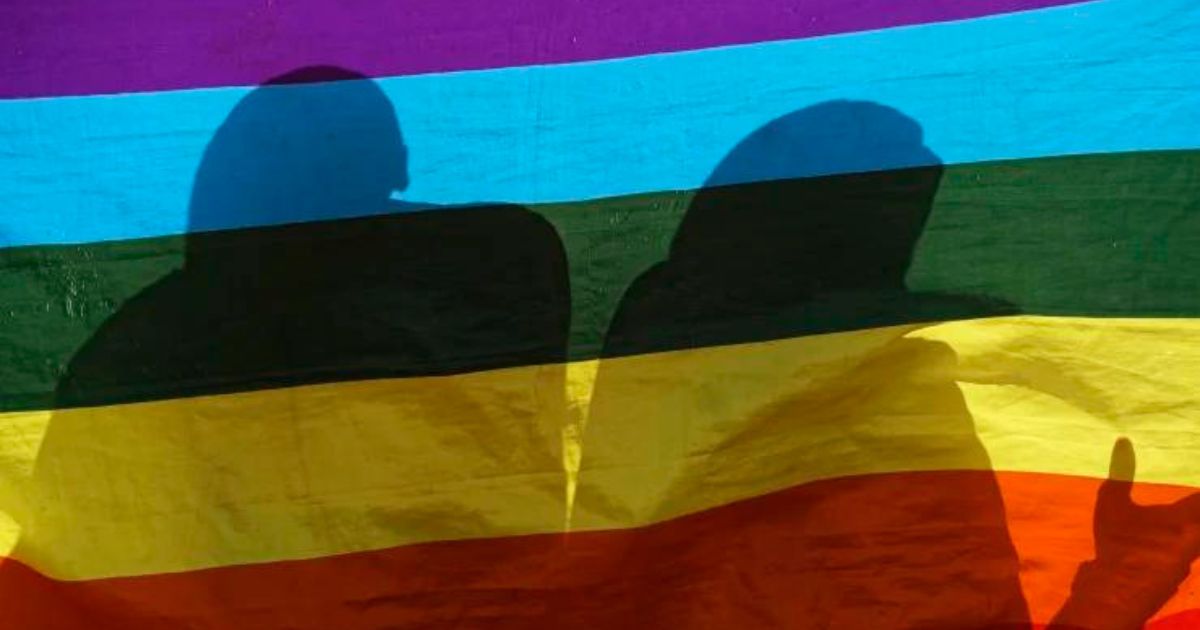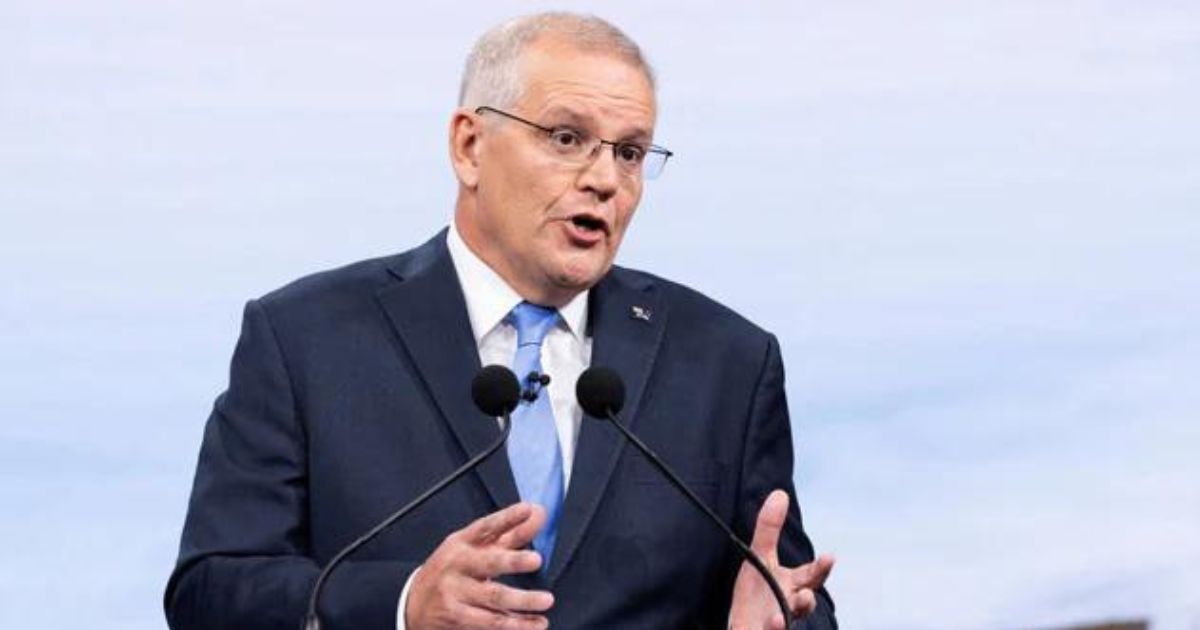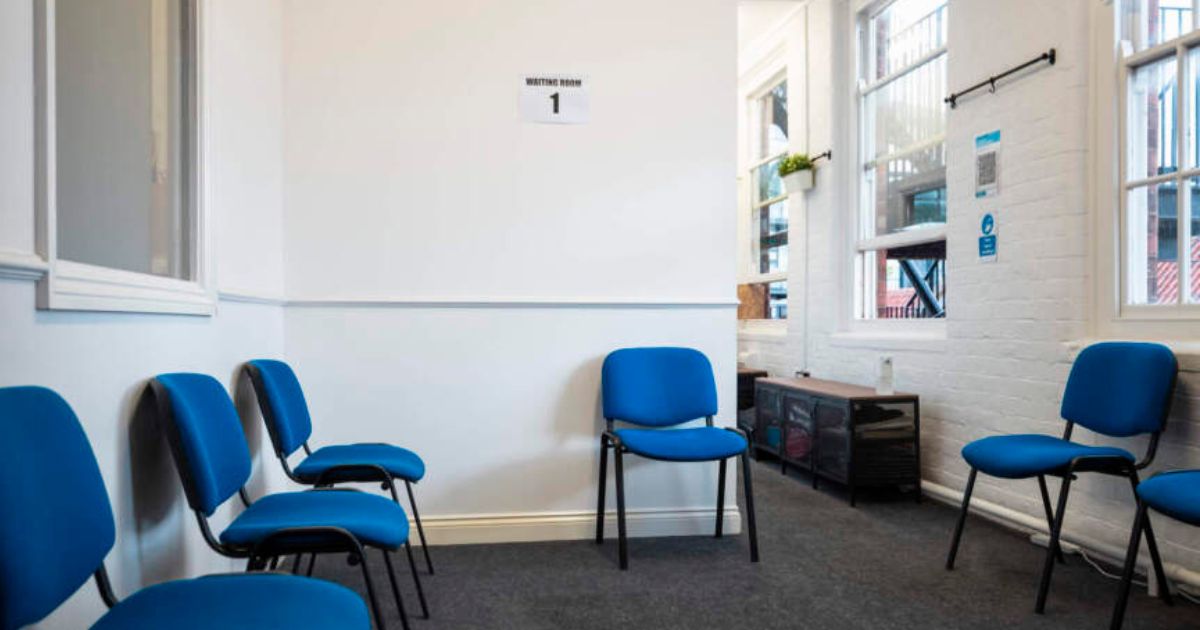A landmark study conducted by the Australian Bureau of Statistics has shed light on the increasing level of stress in LGBTQ+ Australians, revealing stark disparities compared to the broader population. The data, which marks the first national comparison of LGBTQ+ well-being with that of heterosexual and cisgender individuals, underscores the urgent need for targeted support and intervention within the LGBTQ+ community.
According to the findings, Australians with diverse sexualities and gender identities are significantly more likely to experience mental disorders, suicidal thoughts, and self-harm.
Non-binary individuals, who identify outside the traditional male-female binary, along with those who use terms like asexual, pansexual, or queer to describe their sexuality, reported the highest levels of distress.
Additionally, bisexual Australians exhibited higher rates of mental health struggles compared to their gay or lesbian counterparts. Notably, young transgender individuals, aged between 16 and 34, were found to be particularly vulnerable to mental health challenges within the transgender cohort.
In every instance, LGBTQ+ Australians demonstrated elevated levels of mental distress when compared to the wider population, underscoring the profound impact of societal attitudes and discrimination on mental well-being.
LGBTQ+ Health Australia chief executive Nicky Bath emphasized the direct correlation between public discourse and the mental health of LGBTQ+ individuals, highlighting how events such as hate crimes and debates over religious discrimination legislation can exacerbate anxiety and distress within the community.
Bath stressed that the disproportionately high rates of poor mental health among LGBTQ+ people are directly linked to the stigma, prejudice, discrimination, and abuse they face on a daily basis. She emphasized that these struggles are not inherent to LGBTQ+ identity but are instead a result of systemic inequalities and societal biases.
Level Of Stress Increasing Day By Day
The statistics paint a sobering picture of mental health disparities within the LGBTQ+ community. Sixty-four percent of lesbian and gay individuals reported experiencing a mental disorder in their lifetime, while a staggering 80 percent of bisexual individuals and 93 percent of those using alternative terms for their sexuality reported the same. This contrasts starkly with the 42 percent of heterosexual Australians who reported experiencing a mental disorder.
In the past 12 months alone, nearly 60 percent of Australians with diverse sexual orientations reported struggling with mental illness, three times the rate observed among heterosexual individuals.
The data further revealed that non-binary individuals bore a particularly heavy burden, with 85 percent reporting a lifetime mental disorder compared to just 42 percent of men and 43 percent of women.
Similarly, 80 percent of non-binary individuals reported experiencing mental illness in the past 12 months, compared to only 18 percent of men and 24 percent of women.
These findings underscore the urgent need for comprehensive and targeted mental health support services tailored to the unique needs of LGBTQ+ individuals. Advocates are calling for increased awareness, resources, and policies aimed at combatting stigma, discrimination, and marginalization within the community, with a focus on promoting acceptance, inclusivity, and support for LGBTQ+ individuals’ mental health and wellbeing.
As Australia grapples with these sobering statistics, it is imperative that efforts to address mental health disparities within the LGBTQ+ community are prioritized and supported by policymakers, healthcare providers, and society at large.
Only through collective action and commitment to fostering a more inclusive and supportive environment can meaningful progress be made in improving the mental health outcomes of LGBTQ+ Australians.








Leave a Reply
You must be logged in to post a comment.